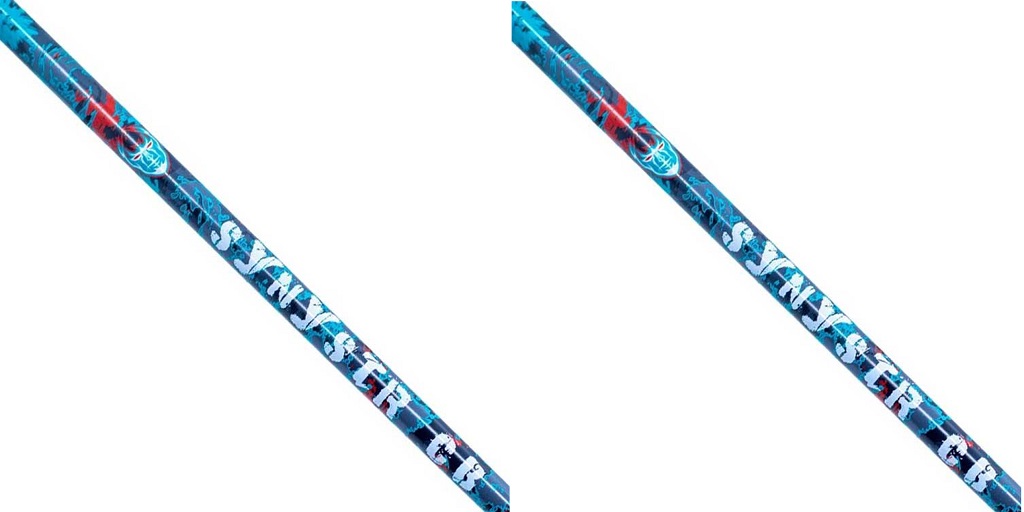Try as you might, your shot is still a few yards, say 10 or 20, shorter than where you want it to be.
You’ve stretched and lifted to build muscle. You’ve even used a launch monitor to identify areas in your swing mechanics that could use improvement.
All that’s left is for you to scratch your head and wonder, “should I just try swinging harder?”
The reason seems to stand on its own merits. The harder you swing, the faster the clubhead will come down, and the more energy will be transferred to the golf ball.
So it makes sense. But there are some other factors we need to crunch here.
Why Swinging Harder Can Screw Your Shot
First, you’ve worked so hard to hammer out your mechanics and develop a smooth swing, metered tempo, and excellent form.
This form is the reason you get that perfect “ping” off the tee, every time, and that the ball goes where you want, even if it isn’t carrying as far as you’d like.
So while it is true that swinging harder will in theory deliver more energy to the ball – which will improve range – straining can make things worse.
The thing is, you’ve developed your current swing form as a result of countless hours at the range and on the course, drilling what’s good into your muscle memory while weeding out what isn’t.
Straining harder may add a little extra energy to your swing, but it is also likely to throw a wrench (and some nuts and bolts) into your overall swing mechanics.
There is, of course, a chance that you will never notice a difference in how the club comes off the tee. But once in the air, you might notice it – fades, draws, and rollout once the ball hits the turf.
These things all complicate shot dispersion, and if everything was working before and the only thing you changed was how hard you’re swinging, well, it shouldn’t be that much work to isolate the factors at play here.
Straining can cause you to sacrifice the “perfection” of your swing in the name of energy transfer and carry distance. The dark magic might give you a few extra yards but you’ll pay the piper a fee of compromised accuracy.
So, at the end of the day, swinging harder is not a solution, unless you pair that extra power with an equally devout commitment to maintaining your current form and swing mechanics.
Then, in this case, if the “problem” (for lack of a better term) is not you, specifically, then could it be your gear?
Possibly – and this is where working with a fitter to investigate other golf club shafts for sale comes into focus.
Working with a Fitter to Explore Golf Club Shafts for Sale
If you’ve gotten your current form where you want it and are happy with your game, short range notwithstanding, then what you might want to do is consider a replacement shaft for your club that might be able to add some range to your swing through mechanical advantage.
There are golf club shafts for sale out there, such as the Fujikura Ventus Red and Autoflex golf shafts, that are expressly designed to capture the energy of slower swing speeds, and translate that into greater carry distance, all without complicating shot dispersion.
Those are just two examples. There are many others, and professional golf club fitters can help you find ones that work well for your personal needs.
Get in touch with a golf club fitter in your area (or reach out to the professionals at Dallas Golf Company online, let them know what you’re looking for and they’ll help you find golf club shafts that are not only perfect for you, but which can help you extend your range.
For More Information About Ventus Shaft and Custom Golf Clubs Online Please Visit: Dallas Golf Company Inc.

